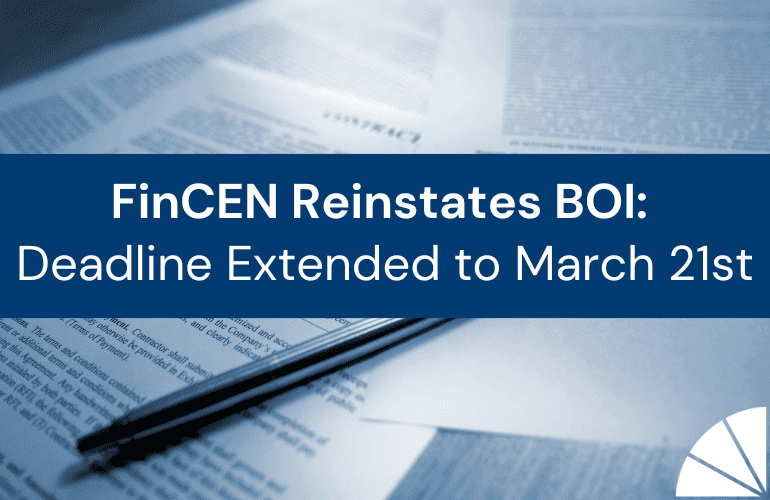
LGA recently wrote about the benefits of job costing. However, implementing job costing can be overwhelming. The hardest part of job costing for many people is figuring out where to start and how to get the ball rolling.
1. Start with a 10,000 ft Overview
Don’t go too into detail the first time you implement job costing. It’s easy to get inundated with information and over complicate things, so keep it simple. Start off by sorting out the major parts of the project and focus on tracking just those portions to start.
2. Stay Organized and Up-to-Date
Staying organized and up-to-date with your job costing is key to assuring that the results remain accurate. Once you begin to fall behind, things begin to look overwhelming and you’re much more likely to drop it the process altogether.
3. Be Consistent
As you begin job costing on multiple jobs, be sure that you remain consistent with which buckets your expenses fall into and how they’re categorized. Every job will have some expenses that can easily be grouped into one or two different buckets, with these expenses, consistency is key. Be sure that you’re putting these expenses in the same buckets each time so you’re able to compare across projects to assure reliable and useful data.
4. Use your Information to Budget and Bid on Future Jobs
Now that you’ve got some data to rely on, utilize it going forward. Don’t let this useful information go to waste. When your next project comes in, you should be able to pull apart various sections of different projects to best mesh together with an accurate quote on what this new proposal cost.
5. Get Market/Industry Research
You should not only be comparing your data from job to job (or project to project) internally, but you should be comparing it to the industry. Many trade associations provide a plethora of information around costs to members so you can benchmark your expenses to the industry.
6. Get More Detailed
As you get more comfortable and more consistent with your job costing, begin to add more detailed breakouts. The more detail you’re able to separate out, the more accurately you’ll be able to predict the financial outcome of each project or job. Be realistic – Don’t adjust your budgets, adjust your bid.
Once you have the information available and begin using it more and more, you may find that you’re not going to be the cheapest bid on every job – and that you may not win the job because of that. Everyone loves winning, but if we win the job and lose money in the process, we need to remember that’s probably not necessarily a win. So, as you bid-out jobs, be sure not to adjust budgets (and in turn, quotes) to rationalize a win. Stick with your initial budget created with this information you’ve put together from solid historical data and adjust your bid to assure a win is truly a win.
LGA would love to discuss the possibility of implementing a job costing system for your business.
Contact Tim Cammet to get started.
Written by Mike Abromowitz





